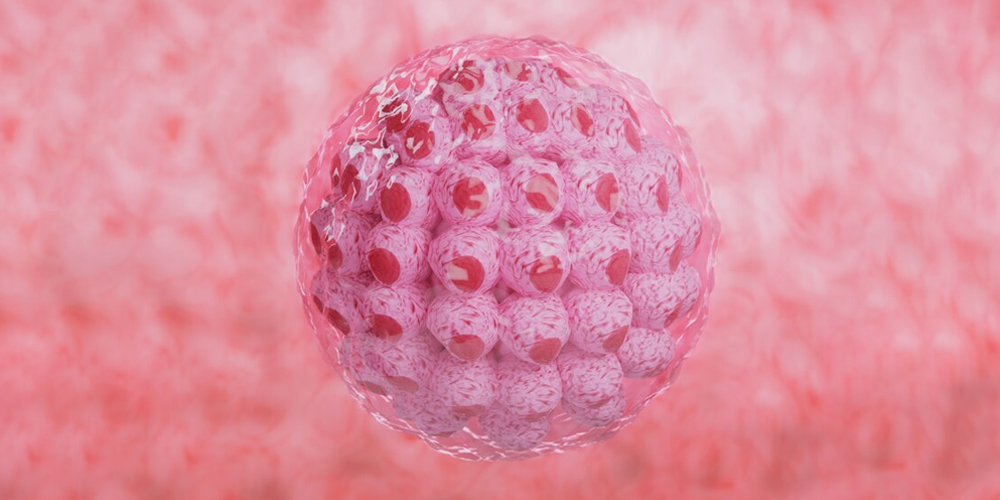Fertilization takes place in the fallopian tubes, which connect the ovaries to the uterus. Fertilization happens when a sperm cell successfully meets an egg cell in the fallopian tube. Once fertilization takes place, and this gives rise to a zygote.

The term egg implantation was an important and key step in early pregnancy. There the fertilized eggs attached to the uterus lining. After the process of fertilization in the fallopian tube, eggs become blastocysts, and they travel towards the uterus. It may take 5-6 days to reach. The uterus thickens its lining in preparation for egg implantation. This process is known as endometrium, and it all happens under the influence of the hormone progesterone. After ovulation it takes around 6-10 days during egg implantation. The endometrium and blastocyst attach together and slowly burrow into it. Specialized cells begin to form, and later they develop into the placenta, which helps to supply nutrients and oxygen to the growing embryo. After the embryo successfully implants, the body starts to grow HCG (human chorionic gonadotropin), where this hormone leads to maintaining uterine lining and supports pregnancy. Progesterone level drops when implantation does not occur, and that thickened uterus lining breaks down and the menstrual cycle begins.
In IVF, egg implantation refers to the stage where the fertilized eggs attach to the lining of the uterus, which is one of the critical stages of pregnancy. The quality of the embryo was an important factor which influenced implantation. Even when the egg is fertilized, the quality of the embryo was poor, then it was not joined to the uterine wall.
For implantation, the endometrium must occur well nourished, thick enough (7-14 mm), and receptive. Implantation drops significantly when the lining is too thin, inflamed, or not properly synchronized with the embryo development stage. Hormones such as progesterone and estrogen prepare the uterus to receive embryos. The endometrium was not ready when the embryo arrives due to hormones not being at the right levels. Managing these factors through medical support and healthy habits can improve in vitro fertilization (IVF).
Have you failed at fertility? Here, Dr. Aravind IVF Fertility Centers provides you with extensive fertility work if you are suffering without a baby. We have advanced equipment with specialized doctors. Our group provides you with care, and we support you to have your little one in your hand safely and without a failure in fertility. We have a huge success rate. Treatments like IUI, IVF, ICSI, etc., are provided at an affordable price. Our staff are too friendly, so you can ask any question without hesitation about infertility and other issues. We are quite proud of our staff's accomplishment. They have done precious things of joy, light, and laughter in many families. To enjoy your parenthood, visit the Best IVF center in India at Dr. Aravind IVF Fertility Center.